Spins and shapes of V-type asteroids outside the dynamical Vesta family
- 1Adam Mickiewicz University, Astronomical Observatory Institute, Poznań, Poland (dagmara.oszkiewicz@gmail.com)
- 2Astronomical Observatory of Odessa I.I.Mechnikov National University, Marazlievskaya 1v, 65014 Odessa, Ukraine
- 3Modra Observatory, Department of Astronomy, Physics of the Earth, and Meteorology, FMPI UK, Bratislava SK-84248, Slovakia
- 4Lowell Observatory, 14000 W Mars Hill Rd, 86001 Flagstaff, AZ, USA
- 5Institute for Astronomy, University of Hawaii, 2680 Woodlawn Drive, Honolulu, HI 96822, USA
- 6Planetary Defence Office, European Space Agency
- 7Gran Telescopio Canarias (GRANTECAN), Cuesta de San Jose s/n, E-38712, Brena Baja, La Palma, Spain
- 8Instituto de Astrof'isica de Canarias, V'ia L'actea s/n, E38200, La Laguna, Tenerife, Spain
- 9Belgrade Astronomical Observatory, Volgina 7, 11060 Belgrade 38, Serbia
- 10Sugarloaf Mountain Observatory, South Deerfield, MA USA
- 11Department of Astronomy and Space Informatics, V.N. Karazin Kharkiv National University, 4 Svobody Sq., Kharkiv 61022, Ukraine
- 12Institute of Physics, Jan Kochanowski University, Uniwersytecka 7, 25-406 Kielce, Poland
- 13Institute of Space and Astronautical Science Aerospace Exploration Agency, 3-1-1 Yoshinodai, Chuo-ku, Sagamihara 252-5210
- *A full list of authors appears at the end of the abstract
Vast majority of known V-type asteroids belong to the dynamical Vesta family. A small number of V-types in the mid and outer parts of the Main Asteroid Belt is considered unrelated to the fossil planetesimal (4) Vesta. These objects have low probability of dynamically evolving from the Vesta family and show spectral properties distinct from typical Vestoids [1-7]. Whether there are V-types unrelated to Vesta (non-Vestoids) in the inner part of the Main Asteroid Belt is still an open question.
To answer it, we performed a large and long-lasting observing campaign of V-types in the inner Main Belt outside the dynamical Vesta family [8,9]. We determine their rotational properties and compare them with the numerical simulations made by Nesvorny et al. 2008. According to that study 81% of objects evolving from the Vesta family to so-called Cell I (defined by orbital elements 2.2 au<a<2.3 au, 0.05<e<0.2, 0 deg <i<10 deg) and 40% to Cell II (2.32 au <a<2.48 au, 0.05<e<0.2, 2 deg<i< 6 deg) should have retrograde rotations.
We observed a total of 23 asteroids larger than 5 km in diameter in both of those Cells over multiple apparitions. We determined spins and shapes for 13 of them so far. In Cell I we found only retrograde objects and in Cell II 6 prograde and 2 retrograde objects. With the complete sample we plan to put constraints on the distribution of possible non-Vestoids in the inner Main Belt.
[1] Lazzaro, D. et al., 2000, Science 288, 2033–2035.
[2] Hardersen et al., 2004, 167, Icarus 170–177
[3] Michtchenko et al., 2002, Icarus 158, 343–359.
[4] Fulvio, D. et al, 2018, Planetary and Space Science 164, 37–43.
[5] Ieva, et al. 2016, Monthly Notices of the Royal Astronomical Society 455, 2871–2888.
[6] Ieva, S.et al., 2018, Monthly Notices of the Royal Astronomical Society 479, 2607–2614.
[7] Roig, F. et al. 2008, Icarus 194, 125–136.
[8] Oszkiewicz, D., et al., 2020, Astronomy & Astrophysics 643, A117
[9] Oszkiewicz, D. et al., 2021, Icarus 357, 114158.
[10] Nesvorný, D., et al., 2008, Icarus 193, 85–95.
Stefan Gajdos, Jozef Vilagi, L'udovit Polcic, Volodymyr Kashuba, Sergei Udovichenko, Leonid Keir, Raoul Behrend, Laurent Bernasconi, Cyrille Aumasson, Sacha Forchino, Anael Wunsche, Arnaud Leroy, Rene Roy
How to cite: Oszkiewicz, D., Troianskyi, V., Wilawer, E., Galad, A., Marciniak, A., Skiff, B., Fohring, D., Polakis, T., Geier, S., Kwiatkowski, T., Kolenczuk, P., Moskovitz, N., Benishek, V., Pray, D., Shevchenko, V., Kankiewicz, P., and Hasegawa, S. and the SONATA-13: Spins and shapes of V-type asteroids outside the dynamical Vesta family, Europlanet Science Congress 2022, Granada, Spain, 18–23 Sep 2022, EPSC2022-340, https://doi.org/10.5194/epsc2022-340, 2022.

